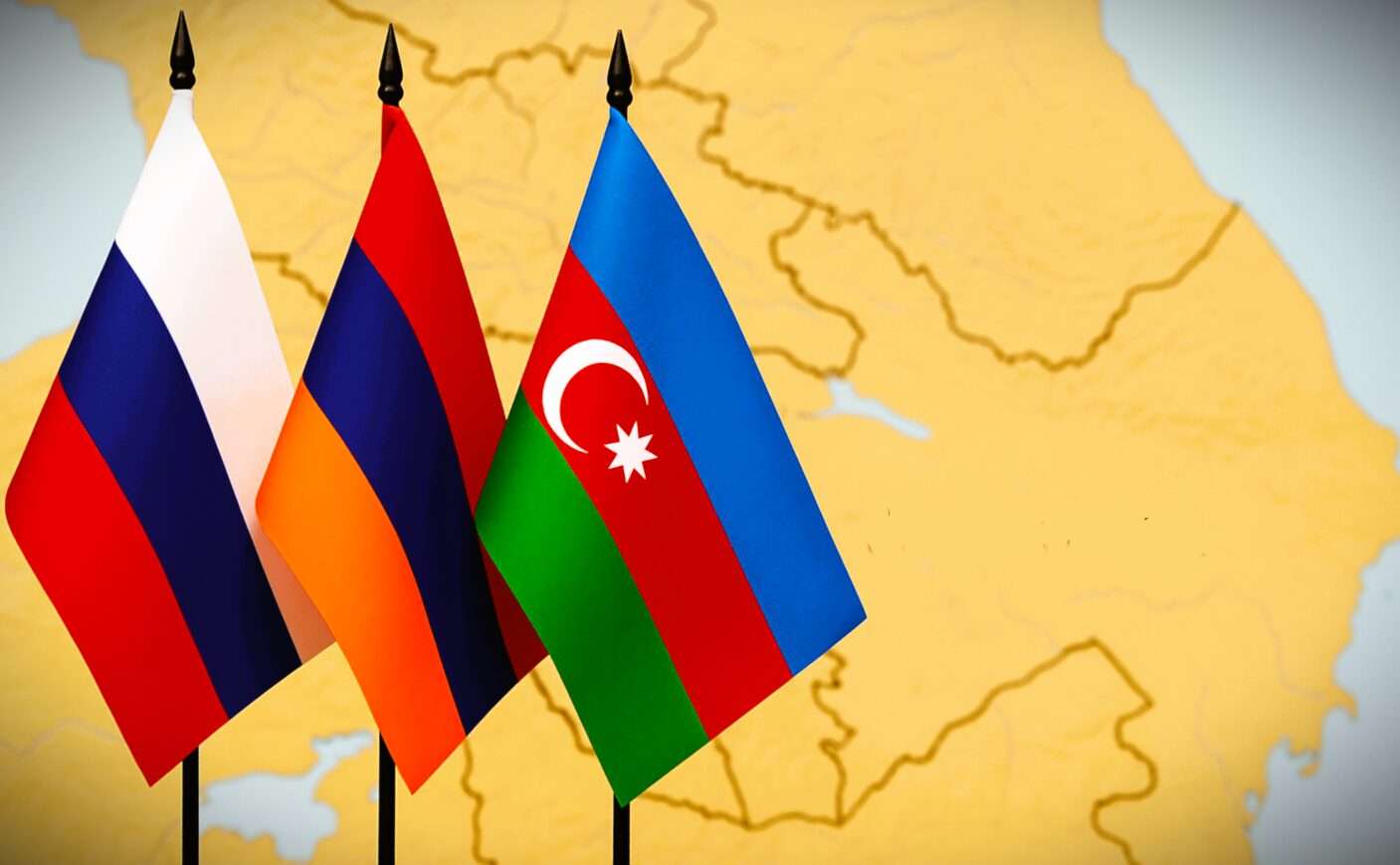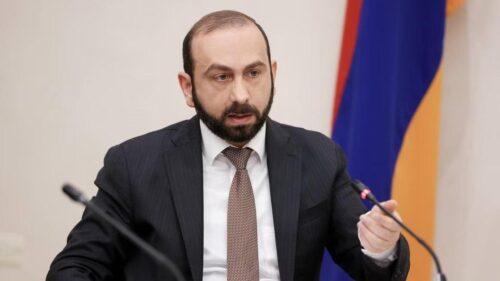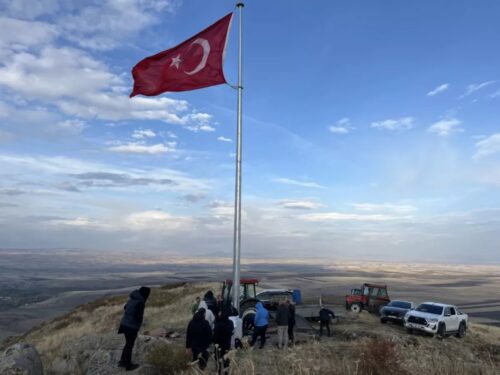
Special Eurasia: Russia’s influence in the South Caucasus is waning, reflecting a wider geopolitical shift
Special Eurasia issued a report focusing on recent developments in the geopolitical dynamics between Russia, Azerbaijan, and Armenia, with a particular emphasis on Moscow’s efforts to reinstate its cultural influence in the South Caucasus.
As noted, key events such as the discussions regarding the reopening of the Russian House (Rossotrudnichestvo) in Azerbaijan, and the Kremlin’s attempts to strengthen cultural cooperation with Armenia, illustrate Moscow’s strategic response to the shifting regional balance.
Russia’s waning influence in Armenia and Azerbaijan’s increasing alignment with Western powers provide the context for understanding these actions.
Russia seeks to renew its cultural and diplomatic presence in Azerbaijan by reopening the Rossotrudnichestvo center.
Moscow is strengthening its cultural ties with Armenia, seeking to counterbalance Yerevan’s growing alignment with Brussels and Washington.
Azerbaijan’s growing relationships with Turkey and Armenia’s western pivot threaten Russia’s long-term strategic position in the region.
The South Caucasus has long been a region of strategic interest to Russia, owing to its geographical location, energy routes, and ethnic compositions. Historically, Moscow has maintained significant cultural, economic, and military influence over both Yerevan and Baku, albeit through different avenues.
For Armenia, Russia has been a key ally, providing military support and economic cooperation, primarily within the frameworks of the Collective Security Treaty Organization (CSTO) and the Eurasian Economic Union (EEU). However, Yerevan’s strengthening ties with Western institutions show a recent shift in its foreign policy.
Azerbaijan, meanwhile, has been diversifying its foreign relations, strengthening its alliances with Turkey, Israel, and NATO. Baku engagement with Moscow has increased since Putin and Aliyev signed a Declaration on “Allied Interaction” on 22 February 2022. In contrast, Azerbaijan’s military victory in Nagorno-Karabakh, supported by Turkey, has empowered Baku to adopt a more independent foreign policy.
In this context, Russia’s soft power initiatives, such as the possible opening of the Russian House (Rossotrudnichestvo) in Baku and the increasing cultural cooperation with Armenia, are pivotal in maintaining influence.
Armenia’s March 2025 adoption of a law to formally begin the EU accession process marks a major change in its foreign policy. Even so, Yerevan remains dependent on Moscow in key areas, especially military security and cultural diplomacy, considering also that Armenia is still a member of the Eurasian Economic Union (EAEU) and the Collective Security Treaty Organisation (CSTO).
The Kremlin’s cultural diplomacy in Armenia remains crucial in this context.
The legal and political obstacles surrounding the Rossotrudnichestvo’s potential reopening in Azerbaijan could cause prolonged diplomatic friction between the two countries. Azerbaijan’s limits on Russian cultural presence risk worsening relations between the two countries, particularly given Baku’s relations with Ankara.
Armenia’s move closer to the European Union and the United States presents a major obstacle to Russia’s traditional dominance, even as Moscow maintains its cultural sway. If Armenia deepens its ties with the West, it could reduce the effectiveness of Russia’s cultural diplomacy, even as it seeks to maintain security cooperation through the CSTO and EAEU.
The Pashinyan government’s inability to resolve internal issues may lead to more instability, hindering its ability to work effectively with Russia and the West.
As Azerbaijan moves closer to Turkey and Armenia strengthens ties with the EU and the U.S. Russia’s regional influence is waning, reflecting a wider geopolitical shift. If these alliances become formal security and economic partnerships, Russia’s influence in the South Caucasus could be further limited.
The potential reopening of the Russian House in Azerbaijan, coupled with Moscow’s attempts to strengthen its cultural ties with Armenia, highlight the Kremlin’s efforts to maintain a foothold in these key countries. However, regional realignment away from Russia might continue if Moscow will not better conditions and opportunities for both Yerevan and Baku.


